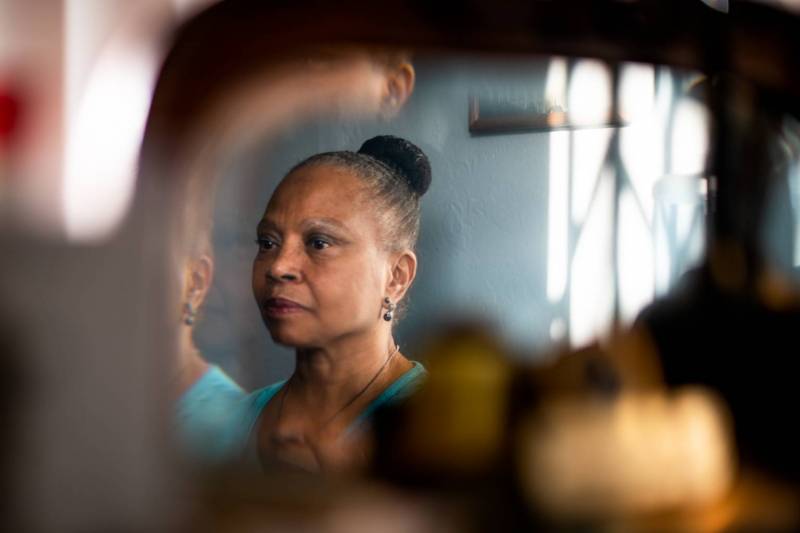If you talk to longtime residents of San Francisco’s Bayview-Hunters Point neighborhood, you’ll hear lots of stories about people getting sick from cancer or respiratory illnesses.
Many people believe that the polluted areas in the neighborhood, like the Hunters Point Naval Shipyard, are a big reason why. For decades, people in the Bayview have been surrounded by toxic chemicals coming from this Superfund site.
Now, the community is facing a combination of this historic pollution and the future threat of sea level rise. And advocates say that the best way forward — to repair the harm that’s been done and to help them adapt to climate change — is reparations.
Guest: Ezra David Romero, climate reporter for KQED
